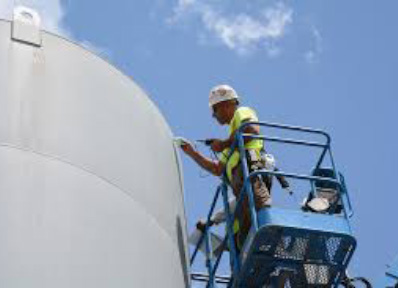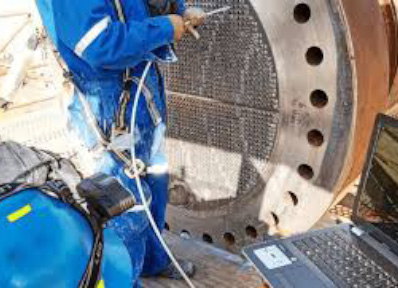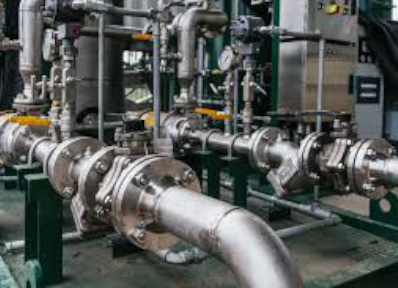Tank inspection
Storage Tank Inspections help gather essential data about safety and reliability of the tanks. It facilitates in increasing the life span of the tanks by identifying potential risks such as damage, corrosion and cracks. The data collected through the inspection is then used to run, repair or Read more…
Heat Exchangers Inspection
At the heart of many large-scale air conditioning systems is a heat exchanger that’s full of hundreds of tubes used to regulate temperature. As you might imagine, inspecting all these tubes for corrosion can be a difficult task. Read more…
Boilers inspection
Because boilers are subjected to extreme fluctuations in temperature and extreme pressure, they have to be incredibly strong.Industrial boilers are often made by welding together thick steel plates, which can generally withstand the high pressures exerted against them. Read more…
Fitness For Service
Fitness for Service (FFS) is a best practice and standard used by the oil & gas and chemical process industries for in-service equipment to determine its fitness for continued service. FFS serves as a rational basis for defining flaw acceptance limits Read more…
Piping inspection
The In-Service Inspection code for your process piping is API STD 570.The title of the code is Piping Inspection Code: In-service Inspection, Rating, Repair, and Alteration of Piping Systems.Read more…
RBI Systems
Risk-based inspection (RBI) is an optimal maintenance business process used to examine equipment such as pressure vessels, quick-opening closure – doors, heat exchangers, and piping in industrial plants. RBI is a decision-making methodology for optimizing inspection plans.Read more…







